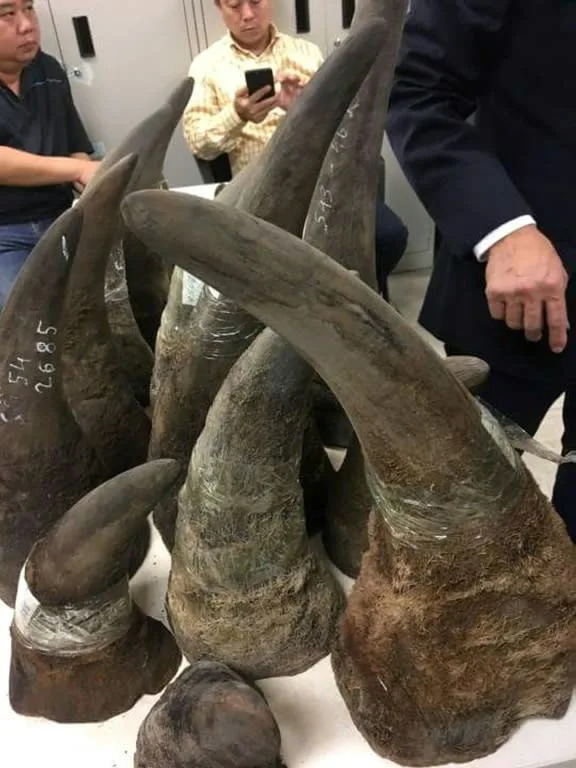DIFFERENTLY ABLE
Shanghai wheelchair dancers find their groove

Shao Yue trains in Shanghai with a dance troupe comprised of hearing- and visually-impaired people, as well as dancers who use wheelchairs (AFP/Jessica YANG)More
Tue, December 7, 2021, 9:26 PM·2 min read
When she lost a leg to cancer at the age of 10, Shao Yue never imagined she could learn to dance.
Now, she's a national wheelchair-dancing champion who hopes her story can help change perceptions of the disabled in China.
"People think we face a lot of difficulty going out... and need to rely entirely on others to survive," said the 34-year-old winner of multiple competitions.

"But we actually don't need that much help. And we don't need everyone to look at us as outsiders," adds Shao, a mother who drives her daughter to school each day.
Despite gradually modernising attitudes in China, people with disabilities say they are still treated as outsiders.
Shao trains in Shanghai with a dance troupe comprised of people with hearing or visual impairments, as well as dancers who use wheelchairs.
The troupe aims to combat stigmas by giving disabled people a platform to express themselves through art.
"Some disabled people often feel trapped," said Zhou Ziqiang, 38, a non-disabled dance instructor who started training artists with disabilities in 2006.
"Once they join these groups, they can slowly open up and become closer to society."
In recent years, some local governments have worked to increase the number of fitness programmes available to the disabled, and invested in building dedicated sporting facilities and training instructors.



- Fighting spirit -
Liu Huaiyu, 20, stayed near the back of the studio during a recent troupe practice session as he and his fellow dancers spun gracefully in their wheelchairs to pulsating Chinese pop music.
Despite his shyness, he said dancing has helped bring him out of his shell.
"I used to be quite self-loathing, I didn't like talking to people," said Liu, who lost a leg in a car accident when he was 10.
"After dancing, I even go out sometimes for strolls now."
Another team in their troupe made up of dancers with hearing impairments watched conductors at the front and back of the stage count out the beats of the routines on their fingers.
"Even though we can't hear the music, we can still follow the beat," said Chen Cen, 34, who was born without hearing but has danced since she was six years old.
"We put in a lot more work than people who can hear in order to complete a routine like this," she signed.
She hopes more Chinese can recognise the "fighting spirit" required of disabled people -- rather than viewing them as an "inconvenience", as she puts it.
For wheelchair dancer Shao, the most important thing is how she sees herself.
"I don't despair just because I have a disability," she said.
"I just have a different kind of life, and I can choose to live it in a more exciting way."
viv/dma/dva/jah




















